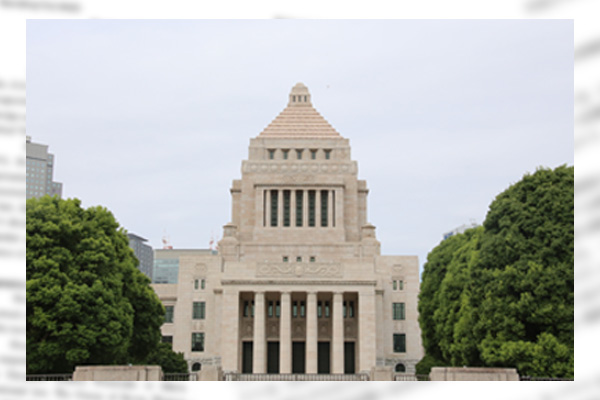In response to Japanese Prime Minister Sanae Takaichi’s parliamentary remarks suggesting that a Taiwan emergency could constitute an existential threat to Japan, the Chinese government has asked its citizens to refrain from visiting Japan. Japan should not be swayed by concerns that this situation could affect business and tourism as noted by the Asahi Shimbun newspaper, but rather recognize it as something to be desirable.
Era of Chinese shopping spree is over
Before the COVID-19 pandemic, wealthy Chinese tourists visited Japan and engaged in so-called “shopping sprees,” which partly helped boost the Japanese economy. But that era is over. In China, the recession caused by the bursting of the real estate bubble has dramatically curbed consumers’ appetite for buying over the past few years. On China’s Bachelor’s Day on November 11, little purchasing power was seen. In other words, the time for expecting a Chinese shopping spree to improve the Japanese economy is over. In this sense, China’s influence on Japan has declined.
Reducing Chinese land purchases and spies
A symposium organized by the Japan Institute for National Fundamentals this month highlighted how much land Chinese have purchased around nuclear power facilities and Self-Defense Force bases in Japan and how Chinese capital dominates Japan’s solar and wind power generation. At least in the sense that the Chinese advisory against travel to Japan puts a brake on this trend, Japan should welcome it.
Universities in Japan have accepted a large number of Chinese students. This suggests that they are preoccupied with their immediate revenue from entrance fees rather than Japan’s national security. The Chinese advisory against travel to Japan would provide a good opportunity to strike a hard blow to university administrators who give priority to making money rather than Japan’s national interests.
In addition, the Confucius Institute and other Chinese propaganda institutions have set up bases at Japanese universities, with Chinese intelligence agents moving around freely in Japan. We should be grateful that the Chinese advisory against travel to Japan means that China is voluntarily curbing such activities.
Remember the National Defense Mobilization Law and National Intelligence Law
As China is now plagued with deflation, university graduates have difficulties in finding jobs. Many of them come to Japan to study the Japanese language and end up finding jobs in Japan. Some say that such people have a positive view of Japan and should be cherished. However, even if Chinese visitors are pro-Japanese, China’s National Defense Mobilization Law enacted in 2010 subjects Chinese living abroad to emergency mobilization. In addition, the National Intelligence Law of the People’s Republic of China, which came into effect in 2017, requires Chinese people to bring intelligence to China even if they are abroad.
Due to these laws, even if individuals have friendly feelings for Japan, Beijing can mobilize Chinese citizens in Japan and drive them to intelligence gathering by threatening their relatives remaining in China. The advisory against travel to Japan should be welcomed in the sense that it may serve to curb such activities to some extent.
Furthermore, Chinese people who wish to visit Japan and are dissatisfied with the advisory may criticize Chinese authorities, contributing to destabilizing China. This situation will be favorable for Japan that recognizes China as a threat to its national security.
Fumio Ota is a senior fellow and a Planning Committee member at the Japan Institute for National Fundamentals. He is a former Director of Defense Intelligence Headquarters and retired Vice Admiral of the Japan Maritime Self-Defense Force.


